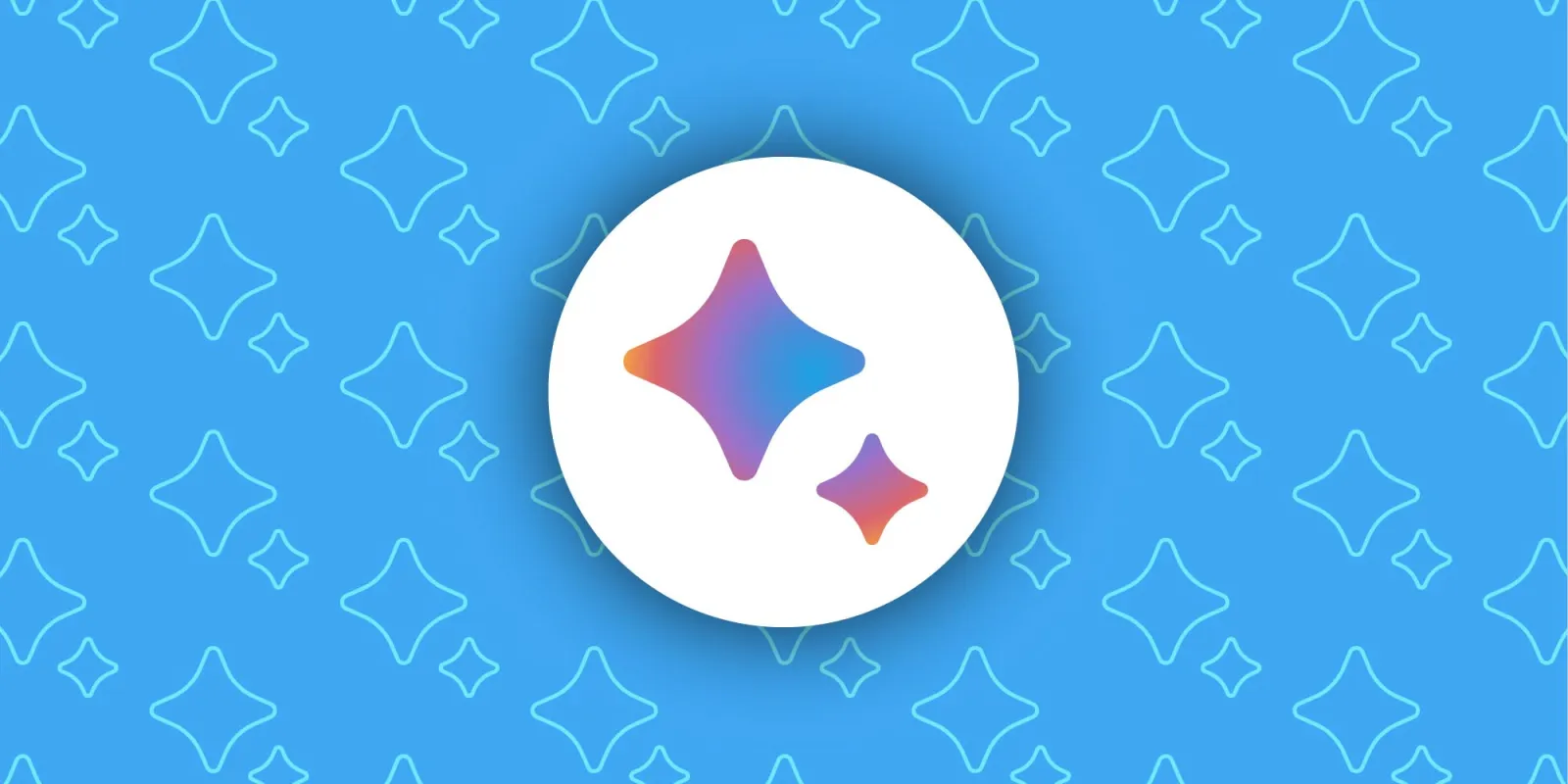
Google is giving Bard its “biggest expansion to date” by coming to Europe and Brazil, as well as supporting additional languages. The AI chatbot is also getting new productivity and personalization features.
After adding Korean and Japanese and rolling out to 180+ countries at I/O 2023 in May, Bard now supports over 40 languages, including Arabic, Chinese (Simplified/Traditional), German, Hindi, and Spanish.
Meanwhile, Google Bard is now available in Europe (all 27 countries, after previously reported regulatory issues) and Brazil. The company says it “engaged with experts, policymakers and privacy regulators on this expansion.”
In terms of new features, Google is letting you customize the tone and style of Bard responses. A new dropdown menu, similar to Gmail and Docs, located next to thumbs up/down, offers five options: Simple, long, short, professional, or casual.
Selecting one will regenerate the reply. This is currently live in English and coming to more languages “soon.”
Similarly, Bard can read aloud (text-to-speech) its responses in over 40 languages when you tap the sound icon in the top-right corner: “This is especially helpful if you want to hear the correct pronunciation of a word or listen to a poem or script.”
Google is also launching four features to boost productivity. Pinning chats will let you save an exchange (prompts + answers) in full as a quick way to return to past searches. You can also have “multiple conversations going at once.”
The best ideas take time, sometimes multiple hours or days to create. Keep your threads and pin your most critical threads to keep your creative process flowing.
These pinned conversations, which can be renamed, appear in a new sidebar. There’s a “New chat” button at the top, followed by the “Pinned” section, as well as “Recent” conversations. Google has moved Bard Activity, FAQ, and other settings to the top-right corner.
You can also create links to Bard’s response as a way to “share your ideas and creations with others.”
Shareable links make seeing your chat and any sources just a click away so others can seamlessly view what you created with Bard.
In addition to Google Colab, Bard can now export Python code to Replit. These three features are available in over 40 languages.
Lastly, Bard’s Google Lens integration is now live and will let you upload images (plus button next to the text field) and ask questions about them. Available in English, Lens is powering object recognition, while Bard can also come up with captions.
FTC: We use income earning auto affiliate links. More.








Comments